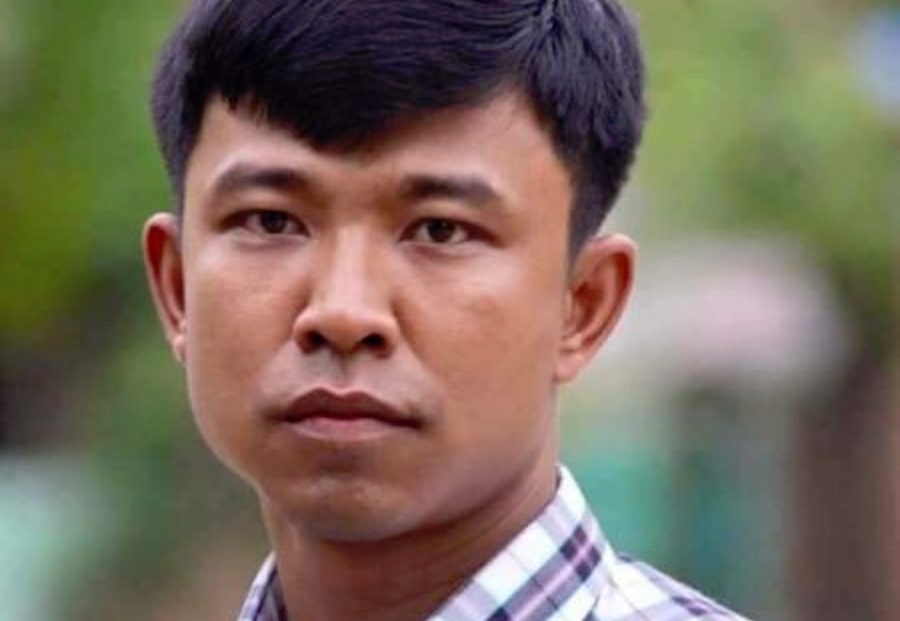On 13 December 2016, journalist Soe Moe Tun was beaten to death by unknown attackers near Monywa golf course in Monywa, Sagaing region, Myanmar. He was a journalist with Daily Eleven newspaper. Soe Moe Tun was known for his investigative work on illegal logging and timber smuggling in several areas of Sagaing Region, including Monywa and Sagaing townships.
Shortly before his death, Soe Moe Tun had written a Facebook post that included a list of individuals who were allegedly tied to the illegal timber trade in Sagaing Region.
Myanmar has some of most biodiverse forests in the world, but with one of the worst deforestation rates. Between 2002 and 2014, Myanmar lost 2 million hectares, or 11%, of its intact forest to illegal logging and conversion of land to other uses. This has happened most intensively along rivers, major roads, and land borders to neighbouring countries, particularly China and India.
Loss of forest not only threatens rare wildlife species, including tigers and snub-nosed monkeys; it also exacerbates wider environmental degradation from erosion, flooding and decreased water quality.
This is being compounded by the massive expansion mining around protected forest areas in Kachin and Sagaing, where land used for mining has grown by than 700% in the past decade. Destruction of forests and conversion of large swathes of land into rubber and timber plantations leaves local communities hugely vulnerable in a country where 70% of household fuel needs are met by firewood.
The killing of Soe Moe Tun highlights the growing risks to journalists and environmentalists in Myanmar who try to expose those behind the rampant environmental destruction of the country’s natural resources.
Ko Min Thant, Soe Moe Tun’s colleague and Mandalay bureau chief at Eleven Media, said that Ko Soe Moe Tun had been tracking down a story about illegal logging and wood smuggling at the time of his death, adding that: “He was a quiet man and on good terms with everybody. Before he was killed, he had not written any articles which could cause serious trouble. In the past, he wrote about wood smugglers”.
